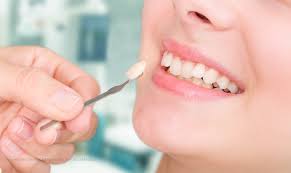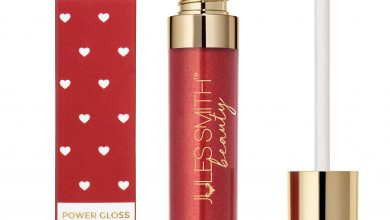Healthy Tips For Having Healthy And Glowing Skin

Many individuals want to have flawless skin. For some, glowing skin is an outward indication of health, while for others, it is an aesthetic goal. There are several methods for increasing the brightness of the skin. People can enhance their skin’s health by making dietary and lifestyle modifications. There are also several skincare and cosmetic products available that may create the impression of glowing skin.
In this post, we’ll take a closer look at what glowing skin is, what variables affect it, and how to get it.
What Exactly Is Glowing Skin?
Glowing skin might signify various things to different individuals. Many people use the word to describe skin that seems healthy and “awake,” as opposed to dry, dull, or unevenly textured. Some people associate good skin with a natural sheen, or “glow.”
Most people can strive towards having healthy skin. Typically, healthy skin will look like this:
- smooth, with few cracks or blemishes sufficiently hydrated
- being neither too dry nor too greasy
- reasonably even in colour, rather than red or inflamed
It is critical to understand that healthy skin does not imply flawless skin. It is impossible to have perfect skin. Skin can be healthy and bright while yet exhibiting normal features such as:
- pores that are apparent
- wrinkles and fine lines
- occasional blemishes are caused by birth
Skincare for Glowing Skin
Many people begin their journey toward healthy-looking skin by using skincare products. This might be confusing because many firms promise that their products will help someone attain radiant skin.
Cleanse your Skin
Cleansing products assist in the removal of debris, makeup, and excess oil from the skin. When selecting a cleanser, seek one that is mild, pH-balanced, and does not include harsh chemicals or soap.
Cleanse your skin after you get up, before you go to bed, and after you sweat. Instead of cold or hot water, use warm water and pat the skin dry with a clean towel.
Moisturize
Moisturizers hydrate the skin. The AAD (Academy of American Dermatology) suggests using moisturiser soon after cleaning to retain moisture in the skin for the greatest benefits.
Oily skin may prefer an oil-free moisturiser, whilst dry skin may prefer something thicker including oils or butter.
Protection from Sun
UV radiation in sunlight may produce sunburn, solar damage, and physical symptoms of ageing. Applying SPF before going outside is a simple method to decrease the risk. When selecting an SPF product, choose one that is:
- SPF 30 or higher
- broad-spectrum
- suited for a person’s skin type
Apply sunscreen to all exposed skin regions, including the eyes and neck. Stay in the shade or wear lightweight clothing and a cap to protect your scalp when the sun is at its brightest.
Foods for Glowing Skin
A nutritious diet is beneficial to the entire body, including the skin. Even if a person follows a decent skin care regimen, their skin may not seem healthy if they do not take care of themselves internally.
Sugar, saturated fat, and salty meals should be avoided. Instead, concentrate on:
- Wholesome fruits and veggies
- Grains in their entirety
- Proteins that are low in fat
- Olive oil, avocados, and almonds are examples of good fats
Increasing water consumption and lowering alcohol consumption
To be healthy, the body requires a sufficient amount of water. While there is no evidence that drinking more water actually improves skin look, one research discovered that drinking adequate water helps the skin function.
Alcohol, on the other hand, can cause or worsen:
- facial erythema
- flushing
- rosacea
- psoriasis
- dermatitis
- Infections of the skin
Relieving Stress
Stress may have a variety of effects on the skin. Scientists believe it can increase inflammation, reduce blood flow to the skin, and delay skin healing.
Reducing stress and finding time to relax are both good for the body and mind. People can do this by:
- eliminating any unpleasant duties that they do not need to undertake, for example, by delegating them
- making time for things that they find enjoyable or stress-relieving
- yoga, breathing exercises, or mindfulness practise
For Heaven’s Sake, Stop Smoking!
Smoking can cause a variety of skin issues, including:
- Accelerated ageing, including wrinkle formation
- Wound mending takes time
- Infections of the skin
- Certain skin conditions, such as psoriasis
- Squamous cell skin cancer is also increased by smoking, notably on the lips.
Naturally glowing skin is generally healthy and moisturised skin. People might strive towards this by gradually establishing a skincare programme and making required adjustments to their diet or lifestyle.
Tobacco, alcohol, and UV light can all be harmful to skin health, so avoid them whenever possible. Allow Marham to help you find a medical specialist that suits your skincare problems.




